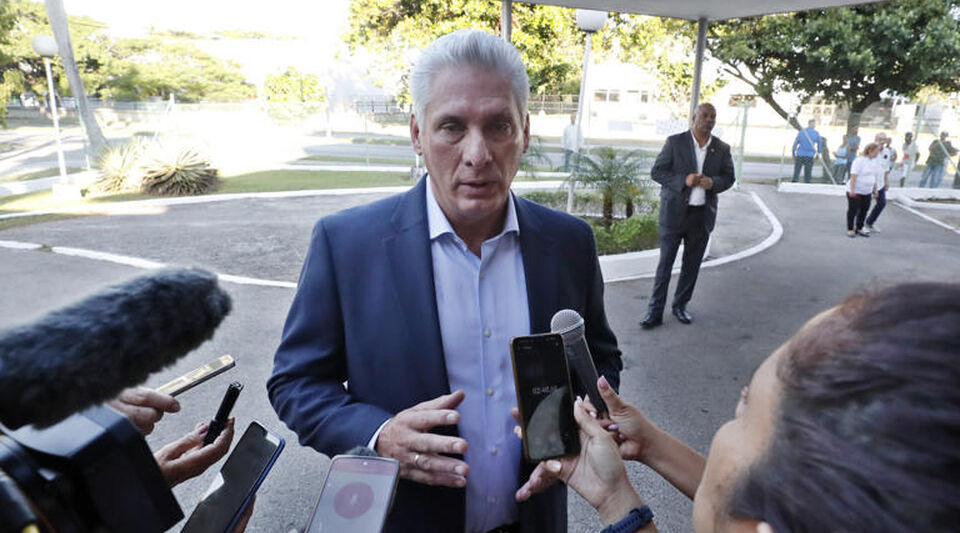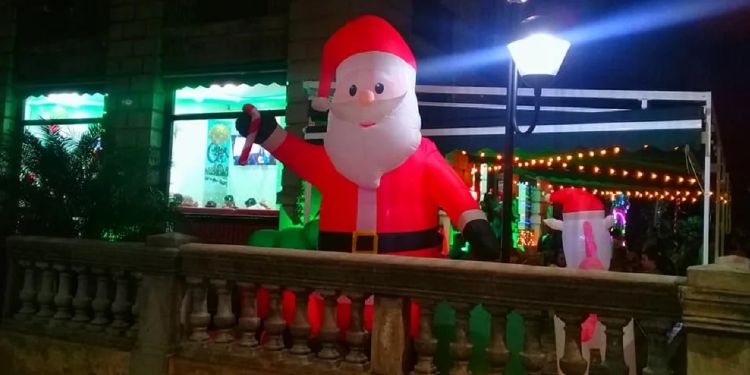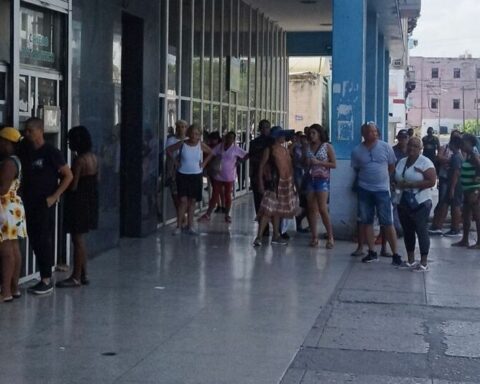Two days after After Pedro Castillo tried to carry out a coup d’état and was dismissed by the Peruvian Parliament, the Cuban president Miguel Díaz-Canel has expressed himself in this regard. Thus, Díaz-Canel pointed out this Friday, via Twitterthat the dismissal and arrest of Castillo “is the result of a process directed by the dominant oligarchies to subvert the popular will.”
The president assures, in line with what was expressed by the Venezuelan government of Nicolás Maduro, that the oligarchy went against the popular will, that “it had chosen its government in accordance with the Peruvian legal system.”
Castle ordered by decree this Wednesday the dissolution of Congress with the intention of establishing a national emergency government, but the order was rejected by the Justice, which interpreted it as an attempted coup d’état, and the Peruvian Legislature dismissed him alleging “permanent moral incapacity.”
In what is the first official reaction from Havana since the events, Díaz-Canel added that “Cuba defends the principle of non-interference in the internal affairs of States.”
Immediately afterwards, Castillo was arrested by his own escort while on his way to the Mexico’s embassy in Lima to request asylum. The until then vice president of Peru, Dina Boluarte, assumed the presidency shortly after.
In what is the first official reaction from Havana since the events, Díaz-Canel added that “Cuba defends the principle of non-interference in the internal affairs of States.”
He added that “it is up to the Peruvian people to find solutions to their challenges on their own, by virtue of their legitimate interests” and stressed that their decisions “must be respected.”
The former Peruvian president will continue to be detained until December 13, as ordered by a Supreme Court judge, who declared the fiscal requirement that requested this measure founded while Castillo is investigated for an alleged crime of rebellion.
Castillo, a rural teacher from the northern region of Cajamarca, assumed the Peruvian presidency on July 28 last year, after winning the elections with 50.12% of the vote against right-wing candidate Keiko Fujimori.
At that time, Díaz-Canel congratulated him and wished him “success in his tenure as president of Peru.”
________________________
Collaborate with our work:
The team of 14ymedio He is committed to doing serious journalism that reflects the reality of deep Cuba. Thank you for accompanying us on this long road. We invite you to continue supporting us, but this time becoming a member of our newspaper. Together we can continue transforming journalism in Cuba.








